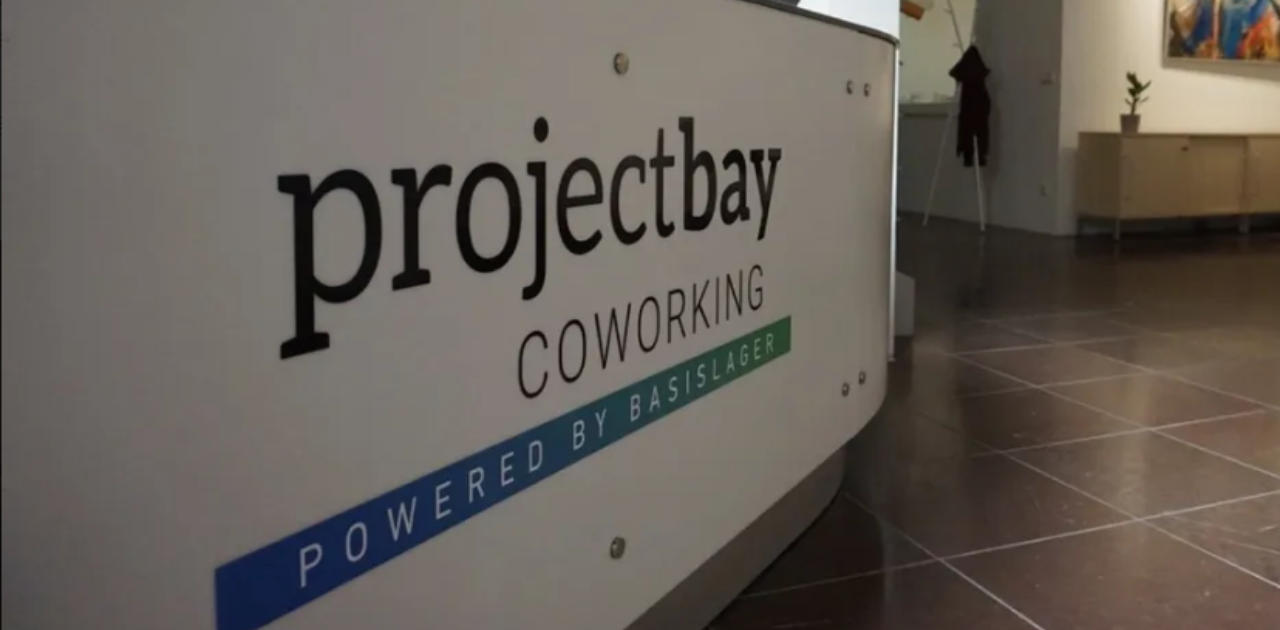Below is an overview of the Federal Government with further links:
1. Labor
- Minimum wage increases
The statutory minimum wage will rise in two stages. From January 2024, the lowest wage threshold will be 12.41 euros gross per hour. One year later, it will rise to 12.82 euros.
Further information - Mini-jobbers can earn more
From January, mini-jobbers will be allowed to earn 538 euros per month. As the minimum wage increases, the legislator is also raising the upper limit for mini-jobbers. This is to ensure that mini-jobbers do not have to reduce their working hours, but can work up to ten hours a week on a permanent basis.
Further information - Subsidy for the integration of jobseekers extended
Anyone who hires jobseekers who need more support - for example due to long-term unemployment, disability or age - can continue to receive an integration subsidy for up to 36 months. This regulation has been extended until the end of 2028.
Further information - Supply Chain Act - due diligence obligations now also apply to smaller companies
Companies are responsible for ensuring that human rights are respected in global supply chains, as stipulated by the Supply Chain Act. This includes, for example, protection against child labor, the right to fair wages and environmental protection. From January 1, 2024, the Supply Chain Act will apply to companies with at least 1,000 employees - previously the law only obliged companies with more than 3,000 employees.
Further information
2. Social welfare
- Citizen's allowance increases significantly
Anyone who is dependent on social assistance or citizen's allowance will receive more money from January 2024. Single adults will receive 563 euros a month - 61 euros more than before.
Further information - The labor market is becoming more inclusive
In order to enable greater social participation, people with disabilities are to be increasingly integrated into the regular labor market. To achieve this, the regulations for companies that do not employ a single severely disabled person despite being obliged to do so will change from January 1, 2024.
Further information - New contribution assessment limits for 2024
The contribution assessment limits for statutory health and pension insurance are rising. The limits will be adjusted annually in line with income trends. This will ensure that social security remains stable.
Further information - Helping victims faster and better
A new Social Code comes into force. In this Code XIV, social compensation law is structured clearly and transparently. This means that victims of violence - including terror and sexual abuse - can be helped more quickly and in a more targeted manner.
Further information
3. Health
- Electronic prescription (e-prescription)
The pink paper prescription is being replaced by an electronic one. In future, people with statutory health insurance will only receive prescription drugs via e-prescription. They can use their electronic health card (eGK), an app or a paper printout.
Further information - Increase in children's sick days
Children's sick days (per child and parent) will be increased to 15 for 2024/2025. Before the coronavirus pandemic, the standard number was ten days. If parents take these days, they will receive child sick pay. It usually amounts to 90 percent of the lost net pay.
Further information - New limit value for bisphenol A in drinking water
To ensure that our drinking water can continue to be drunk without hesitation, the new Drinking Water Ordinance has tightened or introduced some new limits. A limit value for bisphenol A will apply from January 12, 2024, with further new limit values to follow. Bisphenol A has a hormone-like effect and is suspected of causing cancer. The chemical is contained in synthetic resins, among other things, which are also used to renovate drinking water pipes.
Further information
4. Care
- More benefits
Care allowance and outpatient benefits in kind will each be increased by five percent. From 2024, people who care for relatives will be entitled to care support allowance for ten working days each year instead of a one-off entitlement. The allowance paid by the long-term care insurance fund to those in need of care in fully inpatient care facilities will also be increased.
Further information (1)
Further information (2) - Better conditions for nursing students
Nursing studies are to become more attractive: Among other things, this includes a training allowance for students. It will also be easier to have foreign qualifications recognized.
Further information
5. Energy
- For more climate-friendly heating systems
From January 1, 2024, heating systems with 65 percent renewable energy must be installed in most new buildings. Generous transition periods and various technical options apply to all other buildings. In addition, there will be extensive funding with a stronger social focus.
Further information - Heat planning for the whole of Germany
Germany is to have climate-neutral heating by 2045. In future, citizens and businesses will be able to find out how best to heat their homes through local heat planning. This will make it easier to decide on a suitable heating option.
Further information - CO2 price rises to 45 euros per tonne
The CO2 price for petrol, heating oil and gas is rising to 45 euros per ton. There will still be relief for electricity customers due to the abolition of the EEG levy.
Further information - Electricity price package for manufacturing companies
The electricity tax for all manufacturing companies will be reduced to the EU-wide minimum level. In return, the previous peak equalization for around 9,000 companies will be abolished. The 350 or so companies with the strongest international competition will receive compensation for the costs of German CO2 emissions trading. The "super cap" regulation for around 90 particularly electricity-intensive companies is also to be continued.
Further information
6. Finances
- Basic tax-free allowance: more income remains tax-free
The Inflation Adjustment Act adjusts the tax burden for around 48 million citizens in line with inflation. This will cushion additional burdens. For example, the basic tax-free allowance in income tax will be increased by a further 696 euros to 11,604 euros from 2024. A higher basic tax-free allowance generally also leads to lower income tax for employees. The child allowance will also increase - to 6,612 euros.
Further information - Important impetus for new growth
More private capital for investments in climate protection and digitalization - this is what the Future Financing Act is intended to make possible. Start-ups and growth companies can go public more easily and have better access to equity capital: the minimum market capital requirement for an IPO will be reduced from 1.24 million euros to one million euros - to open up access to the capital market for smaller companies too.
Further information - More tax fairness - global minimum taxation agreed
More than 130 countries around the world, under the umbrella of the OECD and G20, have agreed to introduce a global minimum tax rate. In the EU, minimum taxation is ensured by an EU directive; the directive was implemented in Germany by law.
Further information
7. Inside
- Reform of cooperation between intelligence services and the police
Intelligence services may now only pass on information to the police if the life, limb or freedom of a person or the security of the state is threatened. In addition, the BND and
protection against espionage.
Further information - Protecting and supporting Jewish life
The German government has increased its annual payments to the Central Council of Jews from 13 million euros to 22 million euros. The aim is to make Jewish life more visible. In addition, the security of the Jewish community is to be further strengthened.
Further information - Republic of Moldova and Georgia become safe countries of origin
The Republic of Moldova and Georgia are added to the list of safe countries of origin.
Further information
8. Innovation
- More freedom of action for the Agency for Disruptive Innovations (SPRIND)
Promoting disruptive innovations - that is the aim of the "Agency for Disruptive Innovations" (SPRIND). In future, the agency will be able to decide more independently and freely how and which ideas it promotes. This will help Germany to maintain and expand its position within the group of global innovation leaders.
Further information
9. Justice
- More money - less bureaucracy for caregivers
Self-employed professional caregivers and care associations receive a special payment. This will cushion the additional financial burden caused by inflation.
Further information
10. Agriculture
- Organic services provided by farmers
The CAP Direct Payments Act, which has been in force since 2023, provides for farmers to provide voluntary organic services and be rewarded for them. These can be, for example, flower strips on arable land, agroforestry or not using pesticides. To ensure that even more farmers do this, the legislator is increasing the premiums and simplifying the requirements.
Further information - Glyphosate may continue to be used
The German government had decided to withdraw glyphosate from the market in 2024. However, following the renewed EU-wide approval, glyphosate may continue to be used in Germany. Current restrictions on the use of glyphosate remain in place. For example, it is prohibited in water protection areas.
Further information - Animal welfare: ban on killing chicks extended to embryos
The killing of day-old chicks has been banned since January 2022. With the regulation that has now been adopted, it is also prohibited to kill chicken embryos from the 13th day of incubation.
Further information
11. Environmental protection
- One-way deposit extended to milk & co.
From 2024, the current mandatory single-use deposit will also be extended to milk, mixed milk drinks and dairy products in disposable plastic bottles. This is provided for in the latest amendment to the Packaging Act. A deposit of at least 25 cents will then be charged for these products.
Further information
12. Transport
- Faster approval procedures in the transport sector
Lengthy and complicated planning and approval procedures for the expansion of important rail routes and road projects will become simpler and faster.
Further information
Source: Federal Government



